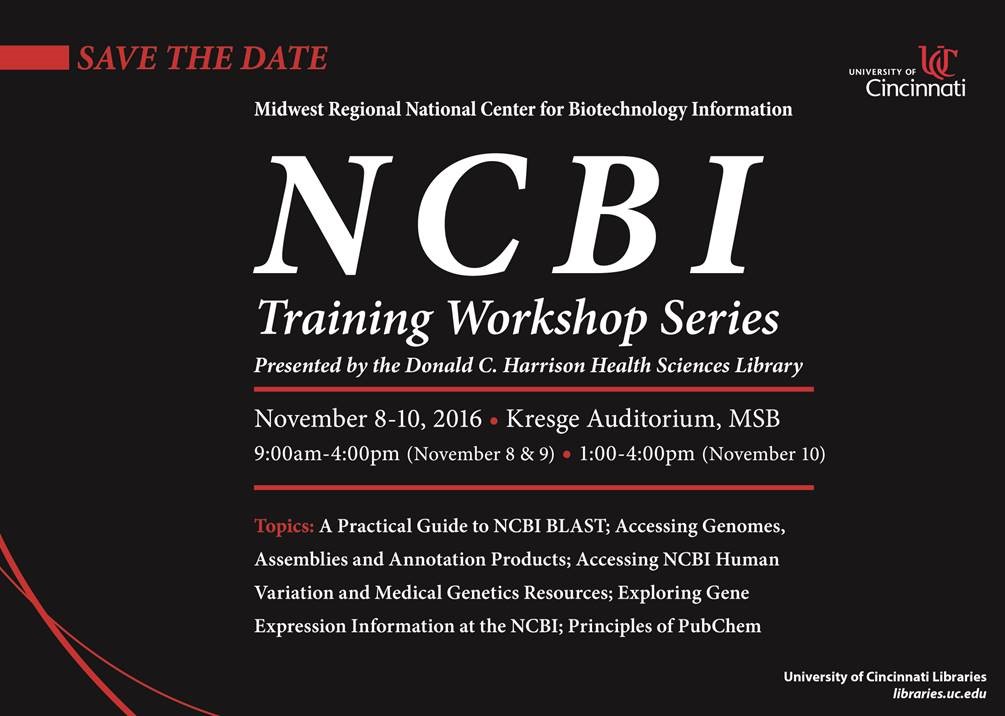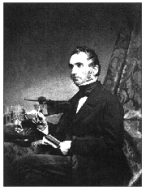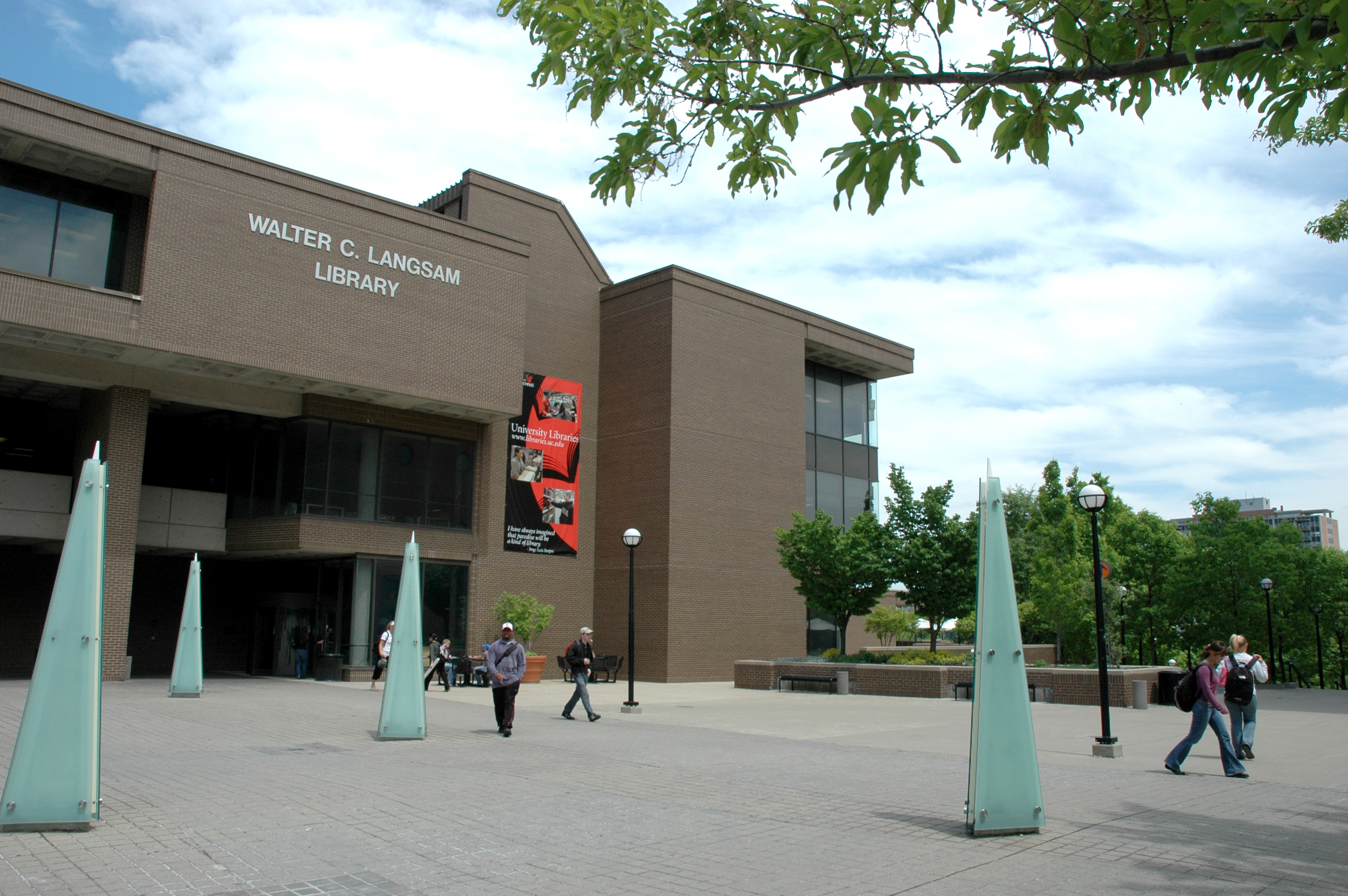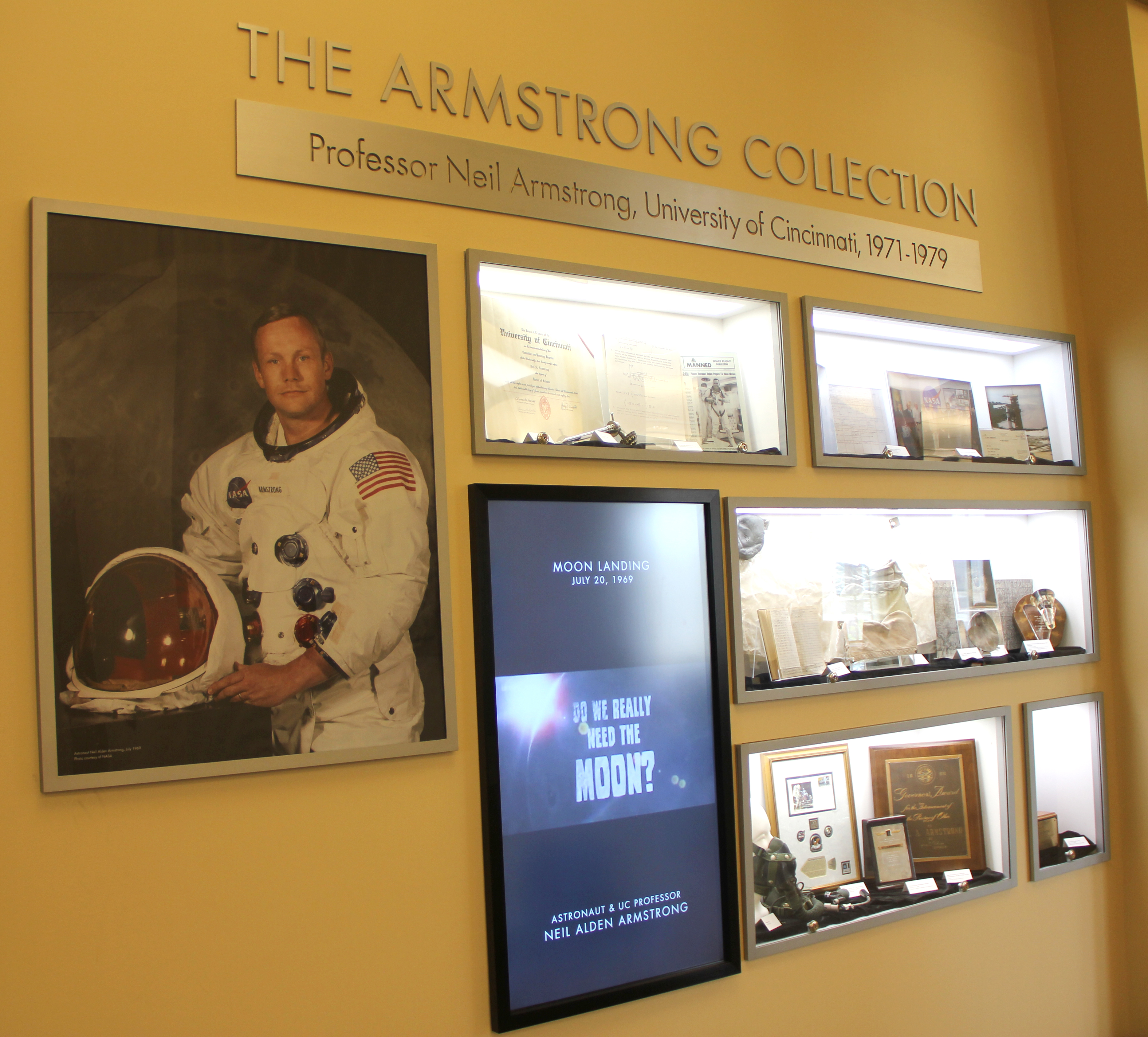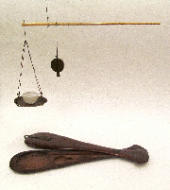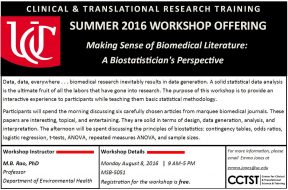 In October, the Chemistry-Biology Library is pleased to present hands-on workshops on Mendeley.
In October, the Chemistry-Biology Library is pleased to present hands-on workshops on Mendeley.
Mendeley is a free citation & collaboration tool for managing and sharing research papers, discovering research data and collaborating online.
Topics will include: Installation, Inputting & organizing citations, Generating citations & bibliographies, Changing citation styles, and Creating groups and sharing references. Find more information at http://guides.libraries.uc.edu/Mendeley. Please bring your own laptop.
Join us for one of three workshop times.
Register online at http://webcentral.uc.edu/hslclass/.
- October 3, 2016 (Mon), 11 am – 12 pm — 475 Langsam Library
- October 5, 2016 (Wed), 9 – 10 am — 475 Langsam Library
- October 11, 2016 (Tue), 11 am – 12 pm — 462 Langsam Library
All workshops will be taught by Dylan Shields, Graduate Assistant for the Chemistry-Biology Library.

